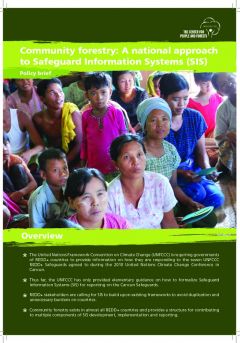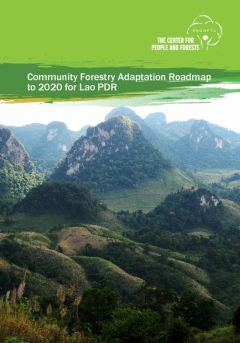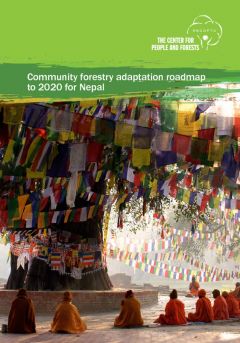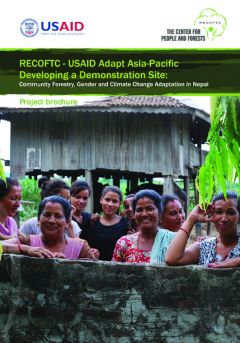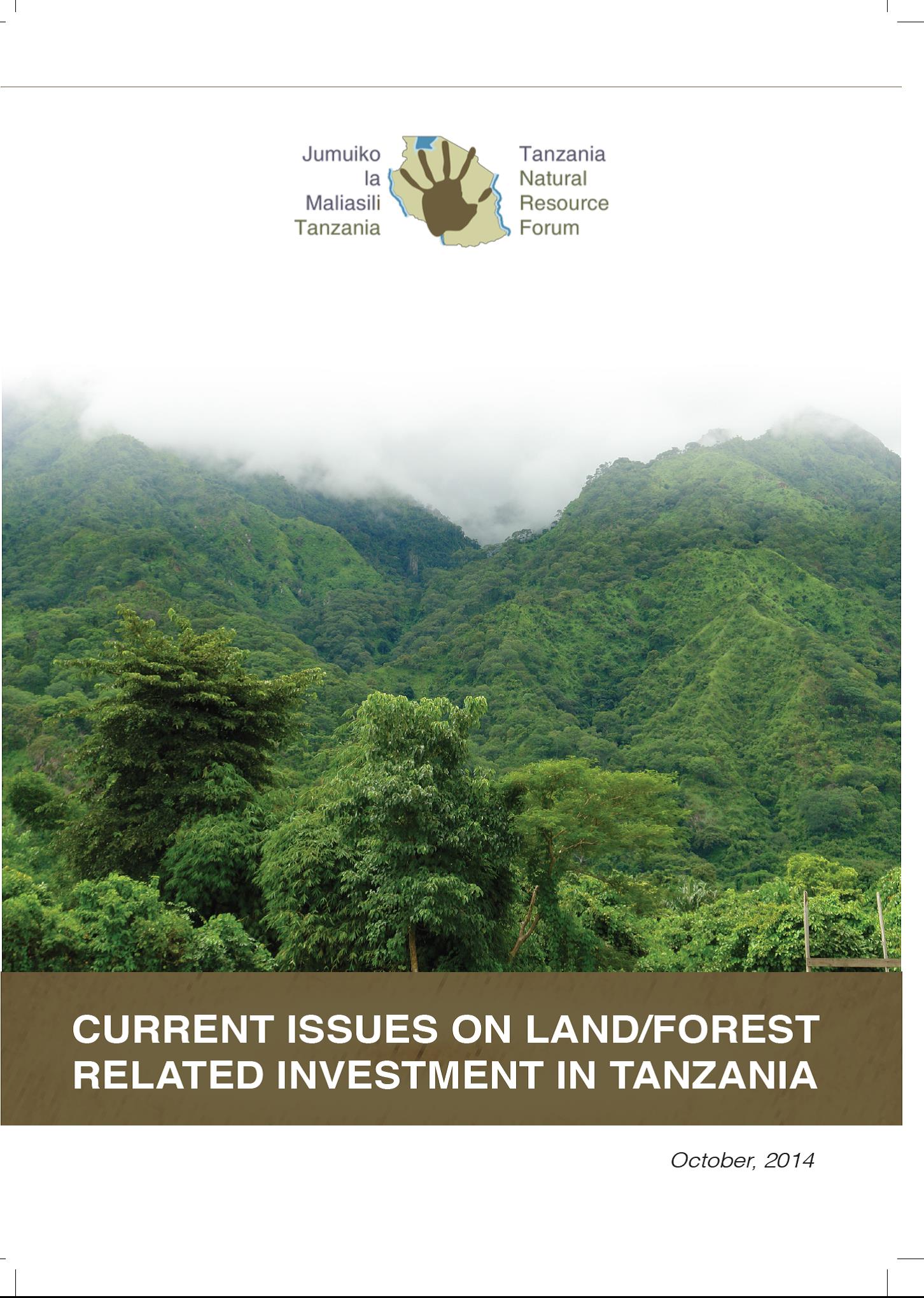Community Forestry: A National Approach to Safeguard Information Systems (SIS)
Community forestry can be part of an approach that ensures important rights such as basic livelihood needs, forest access and tenure and participation in decision-making are met. It also provides a basket of multiple benefits with the potential to incentivise sustainable forest management whether or not carbon payments come through.

